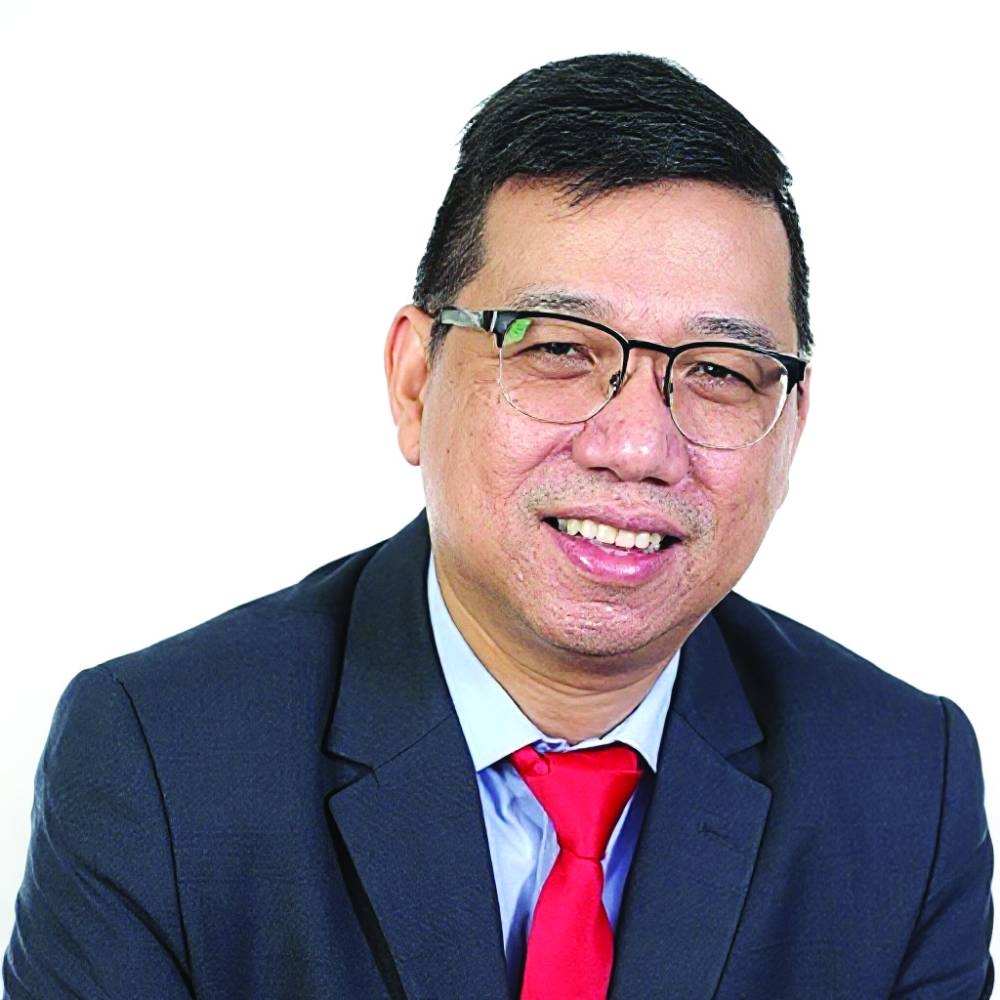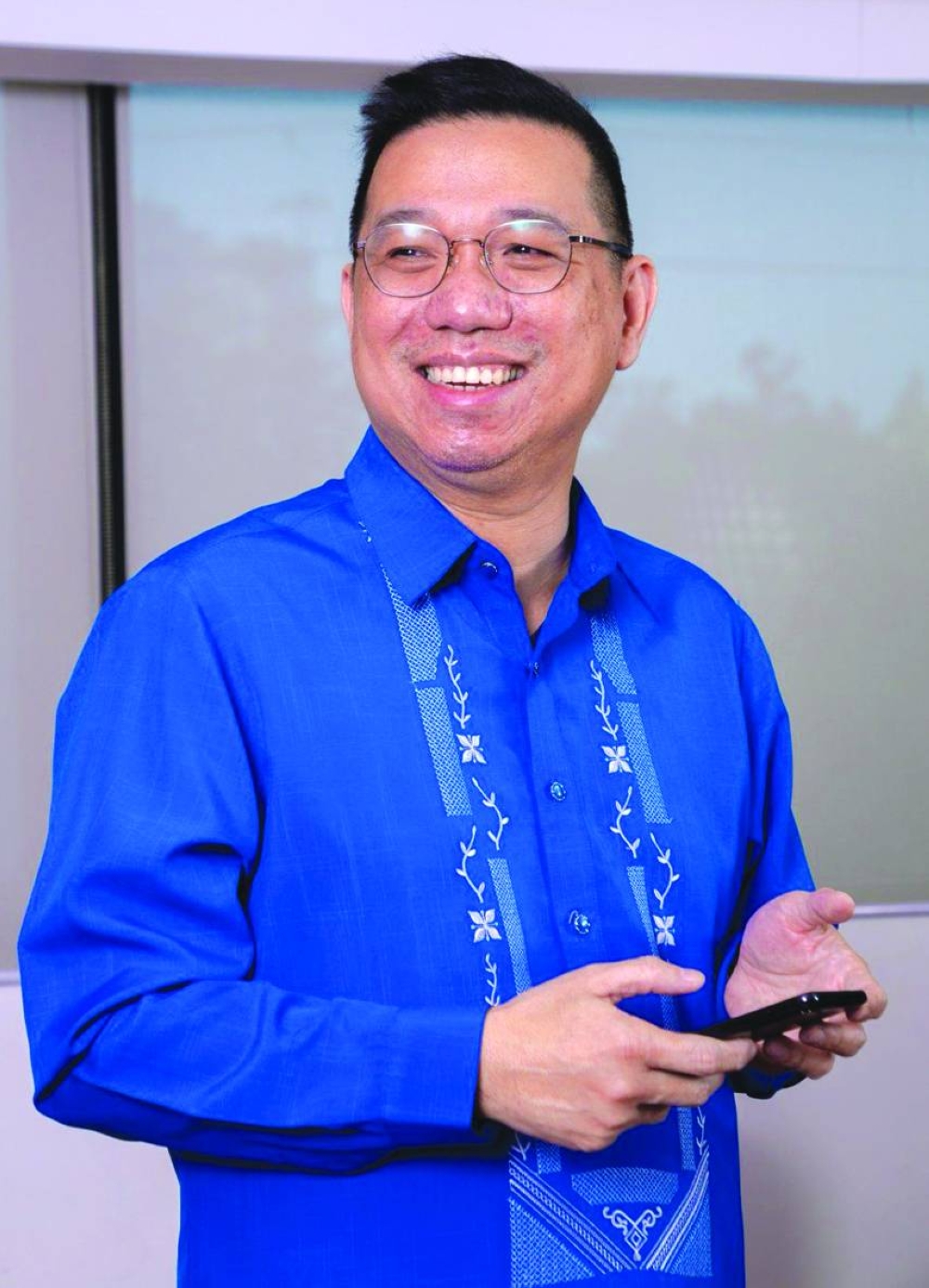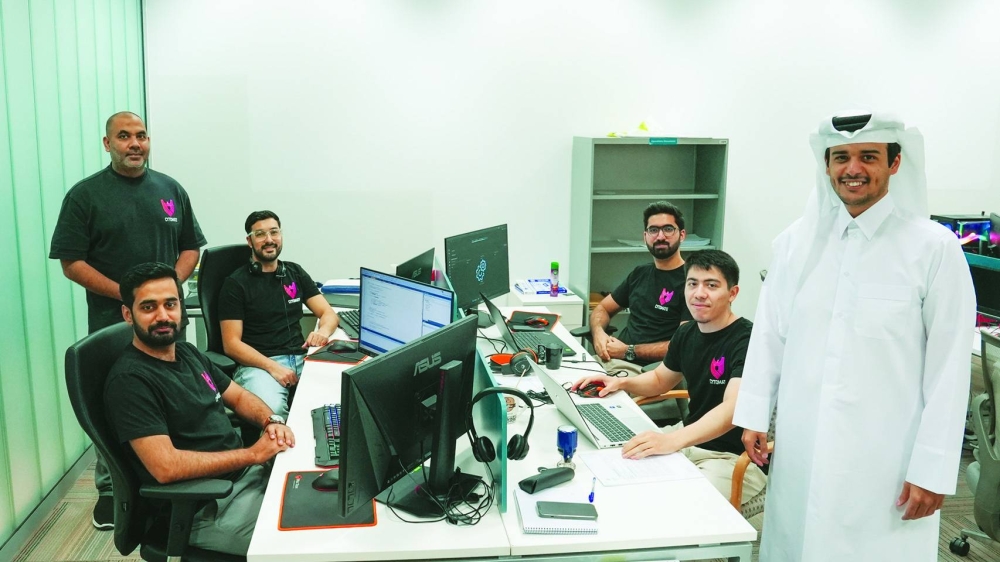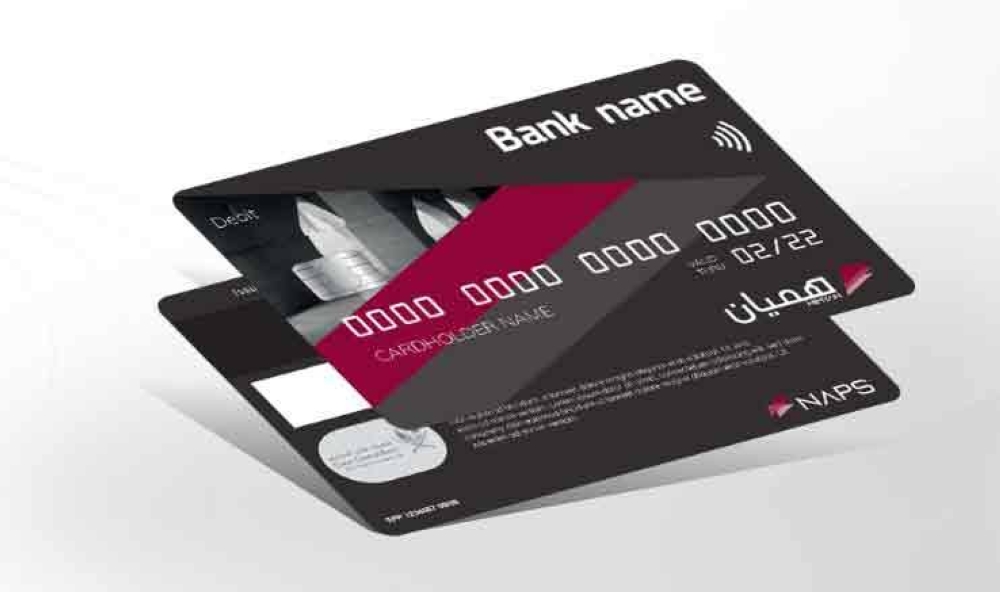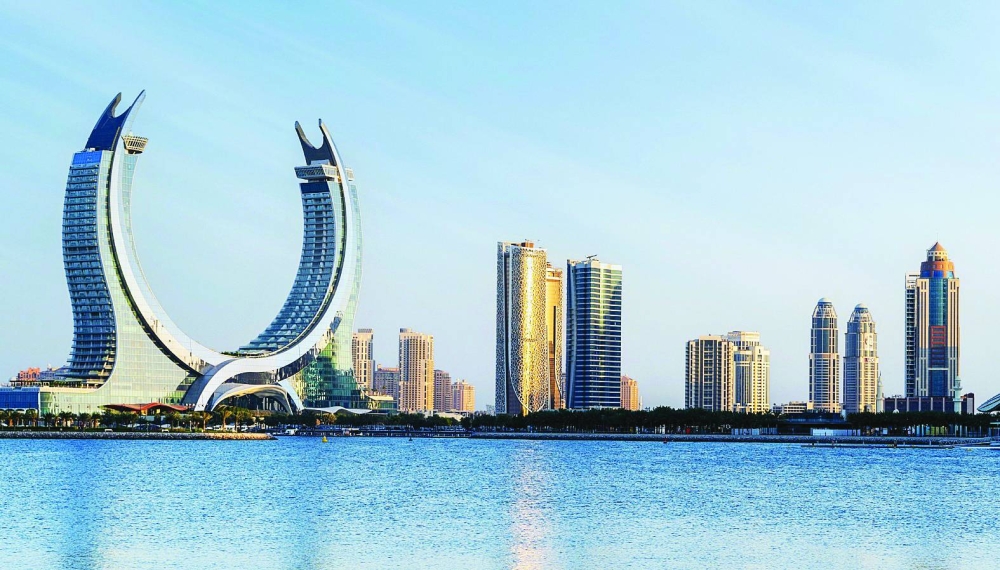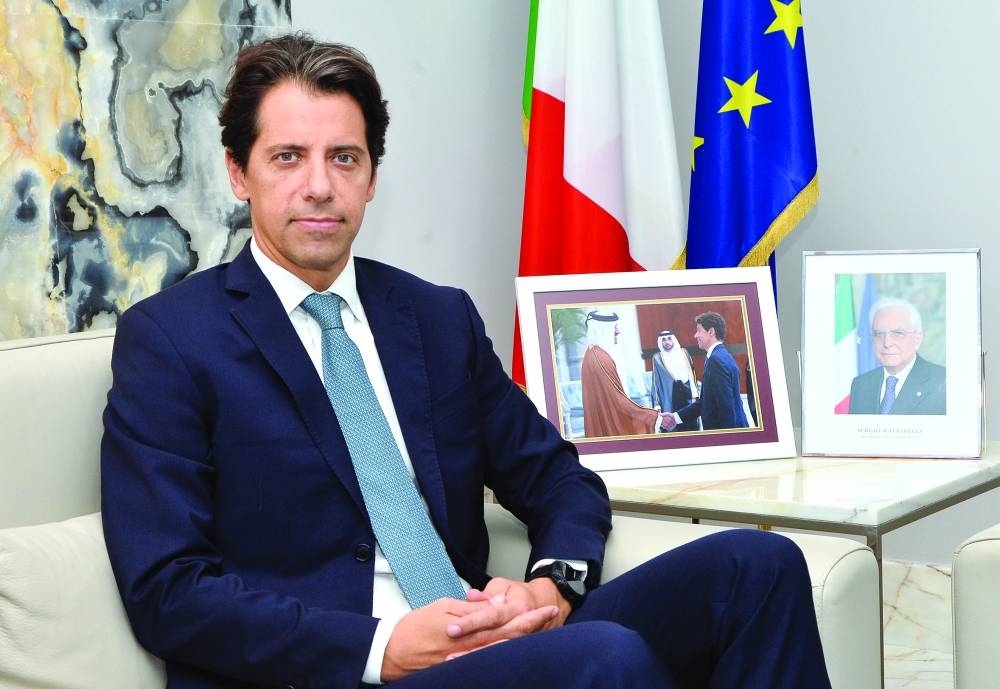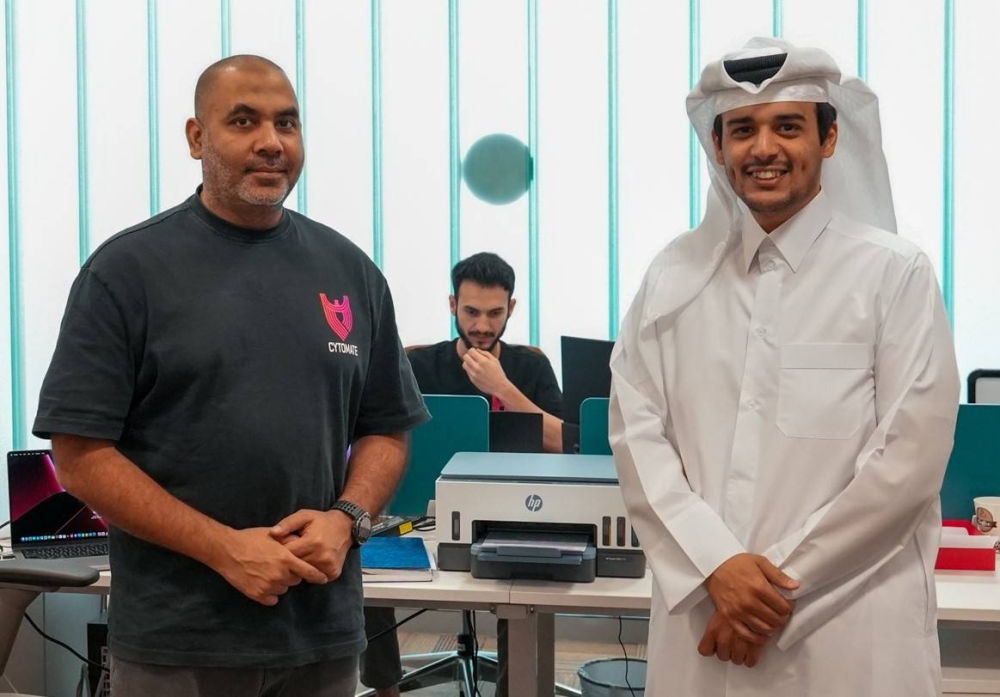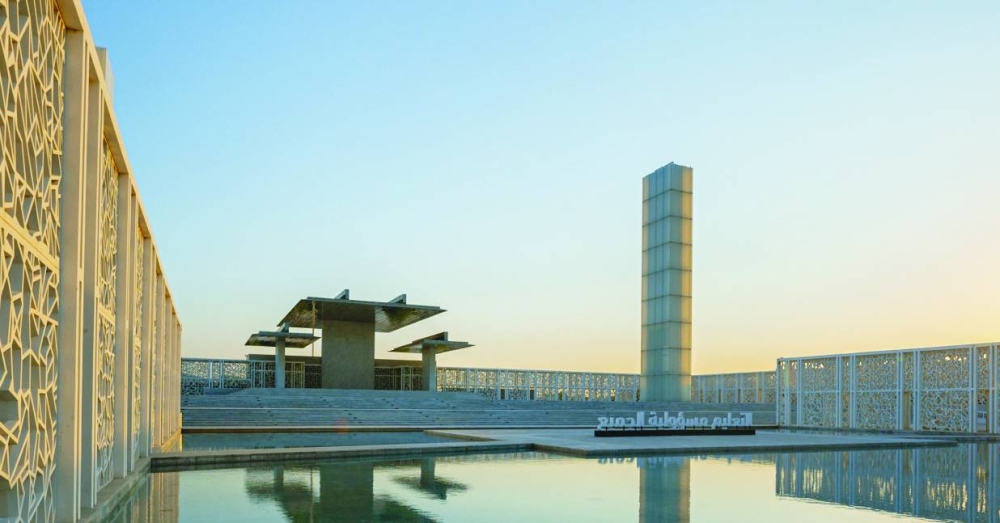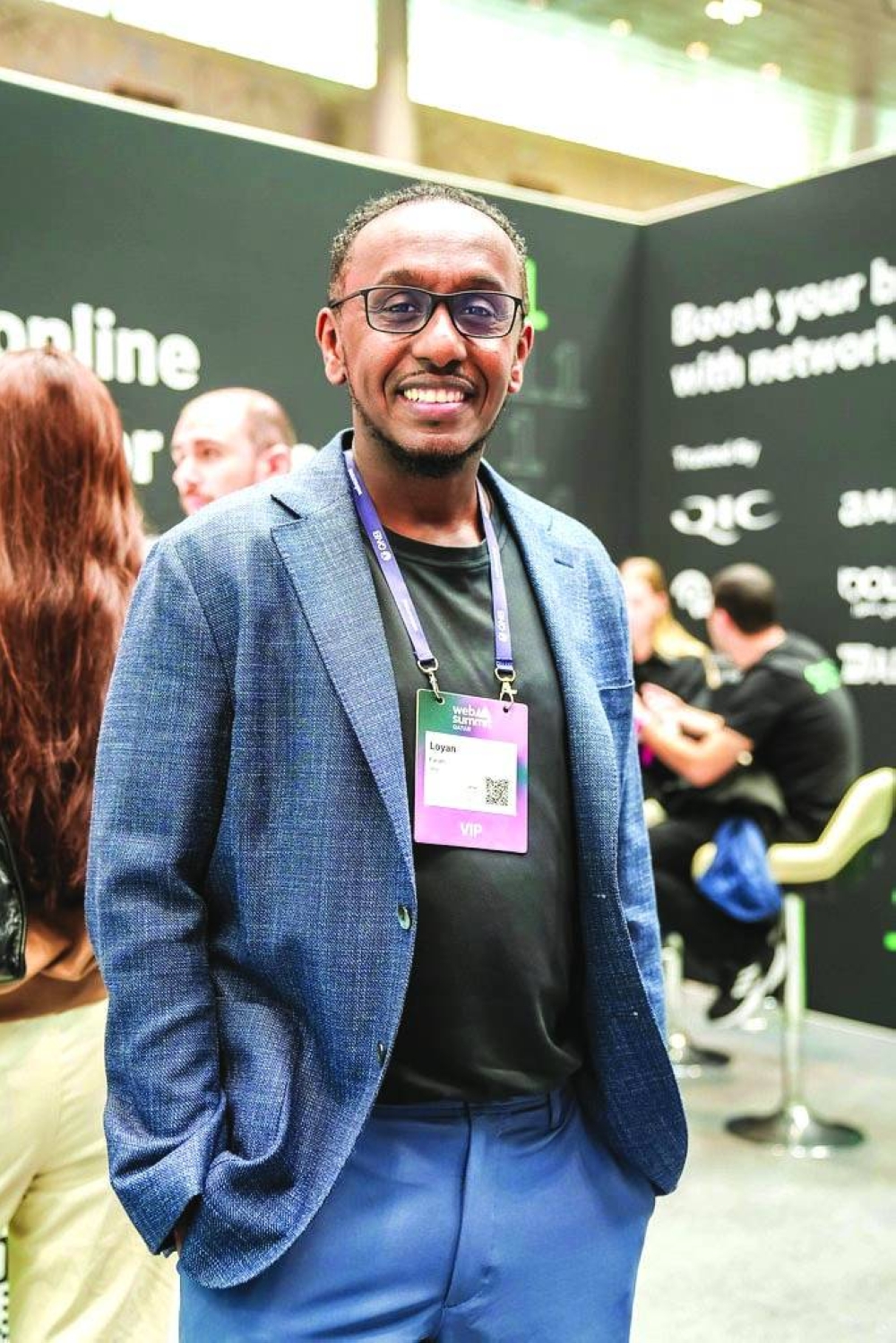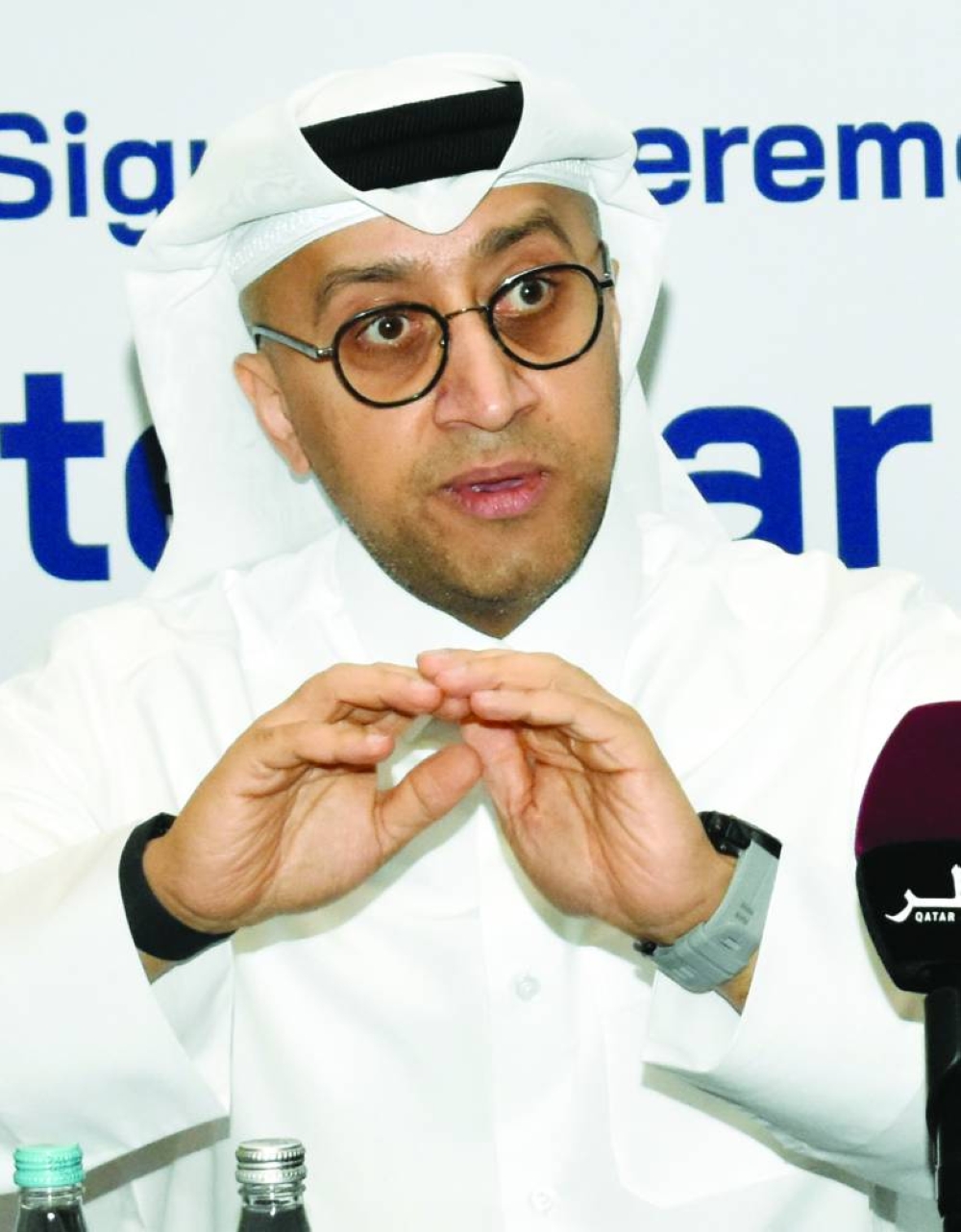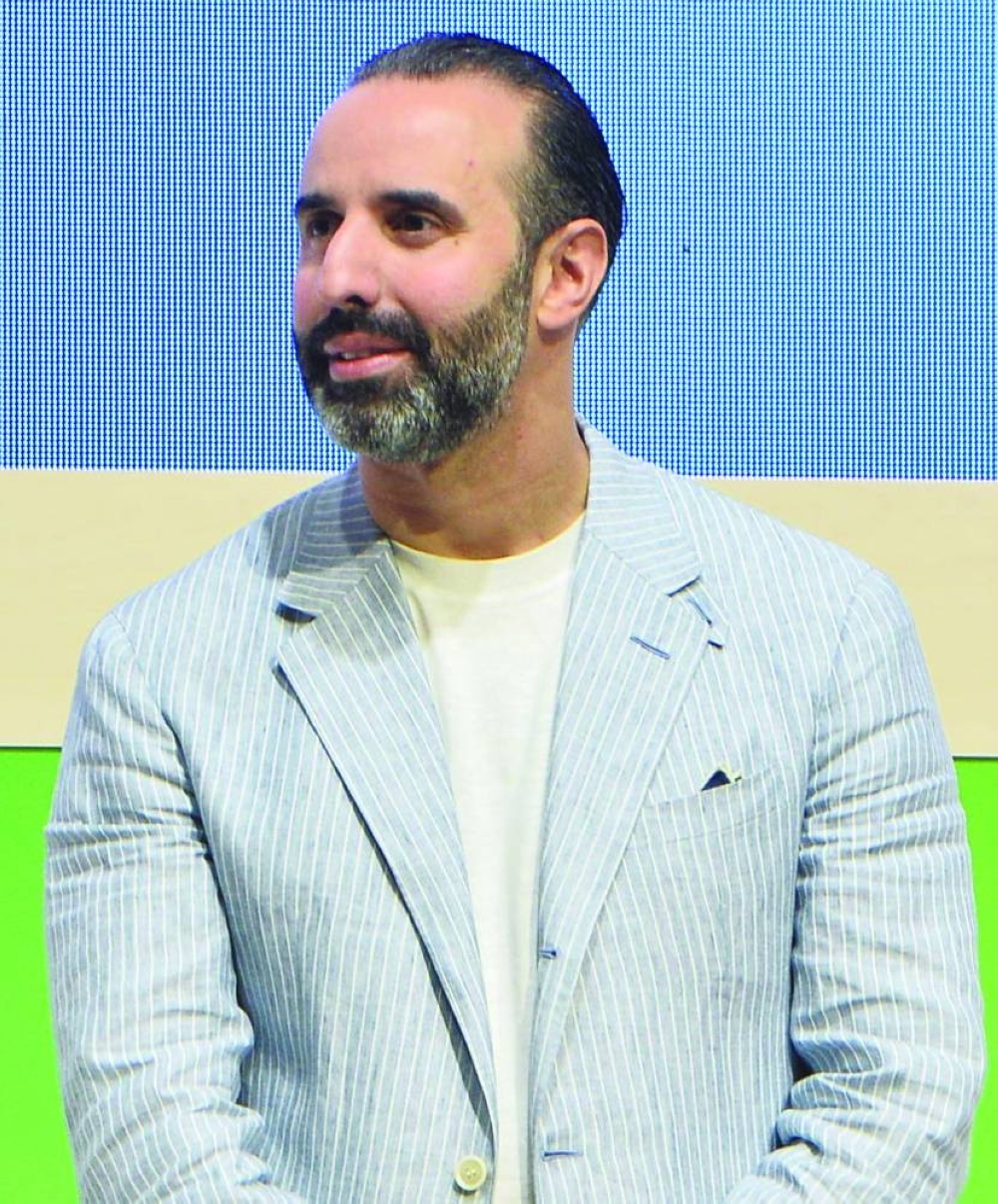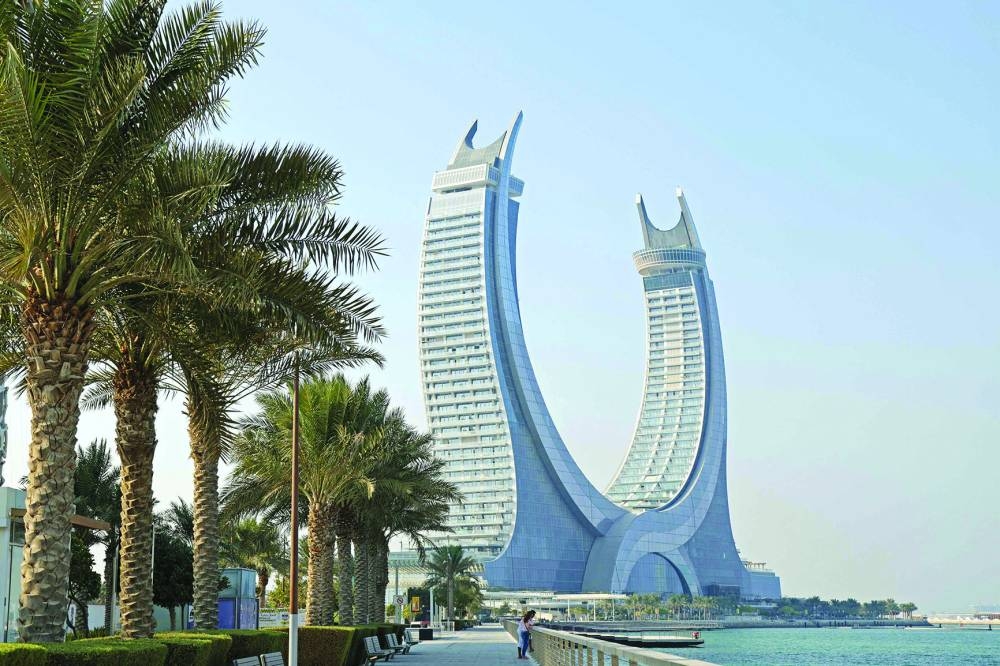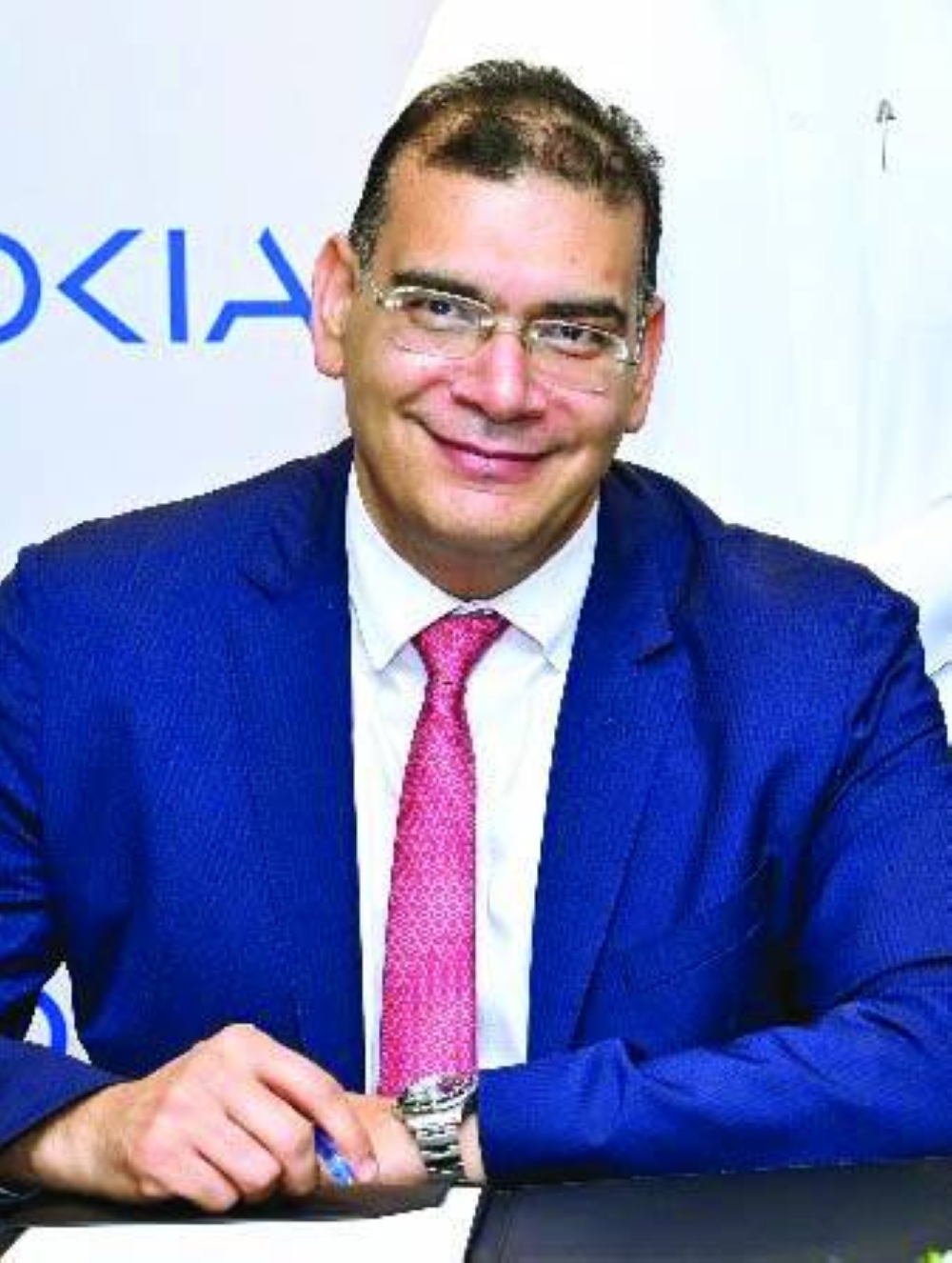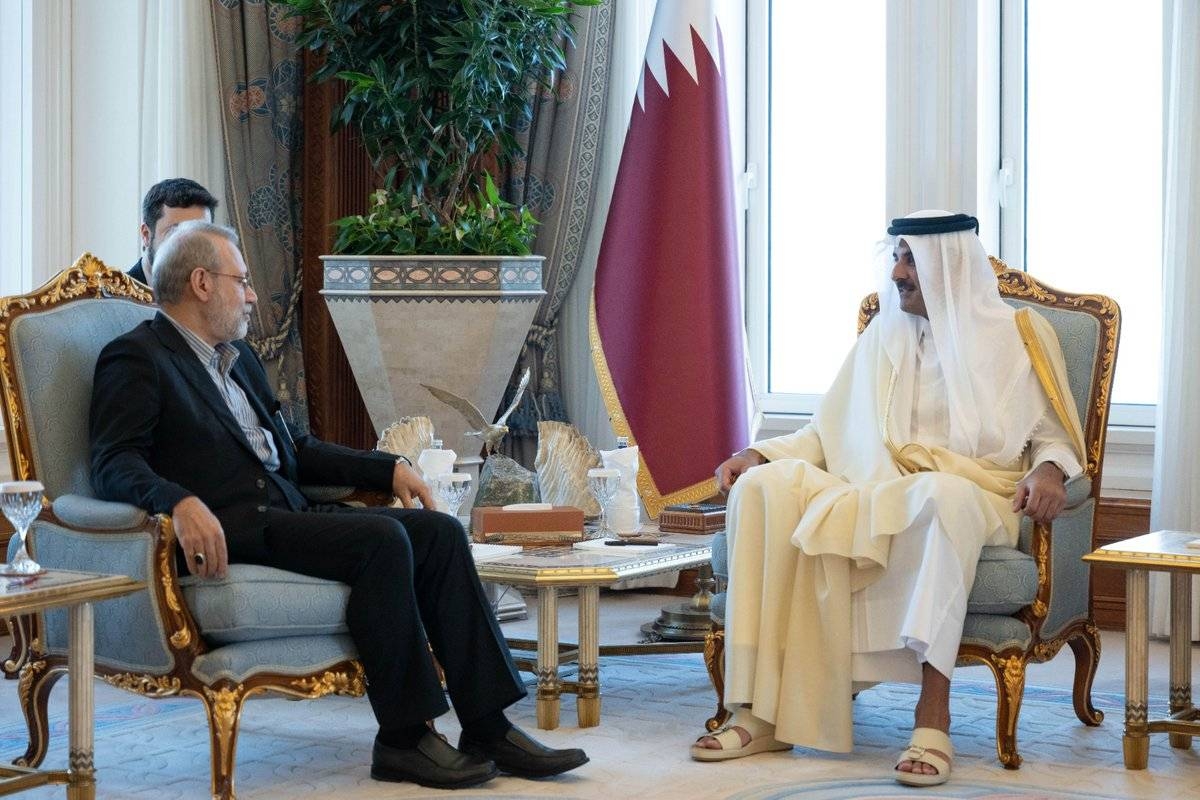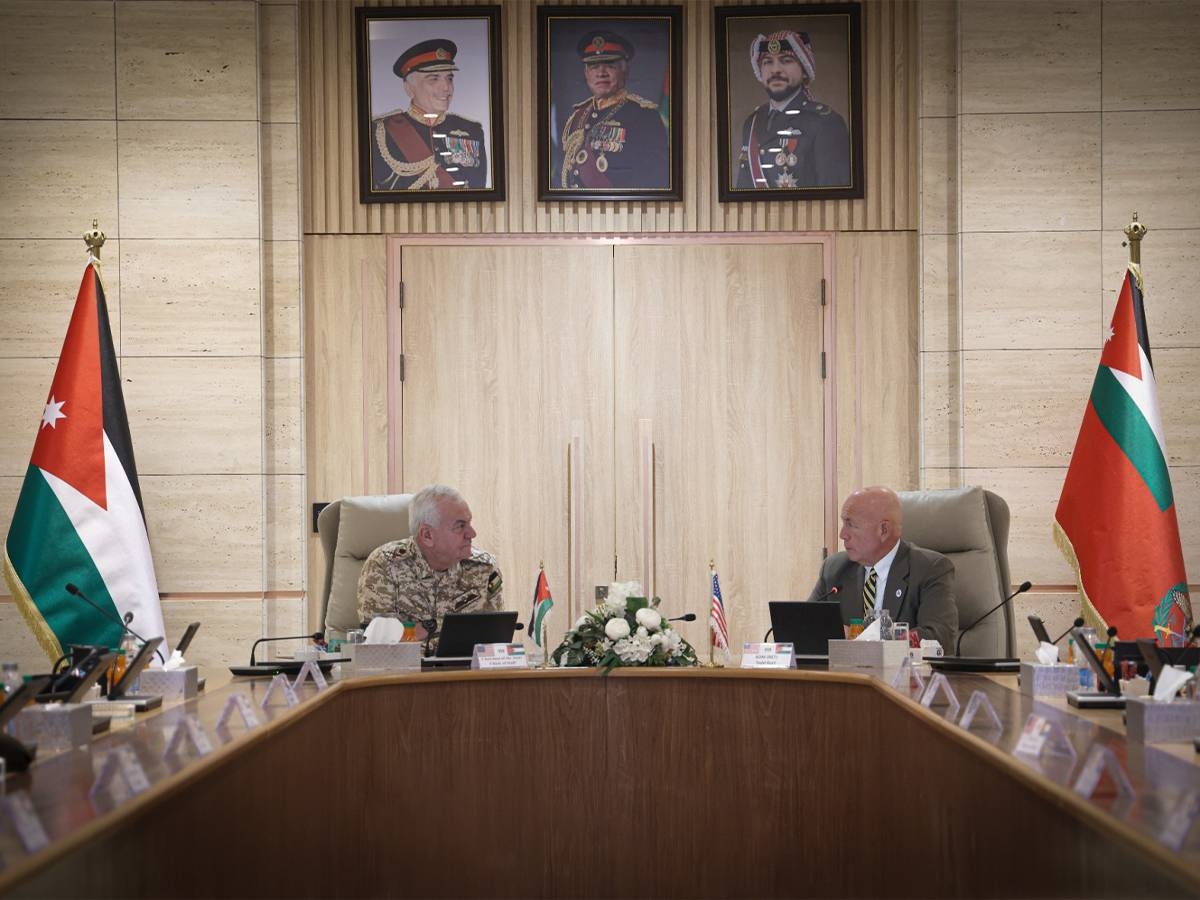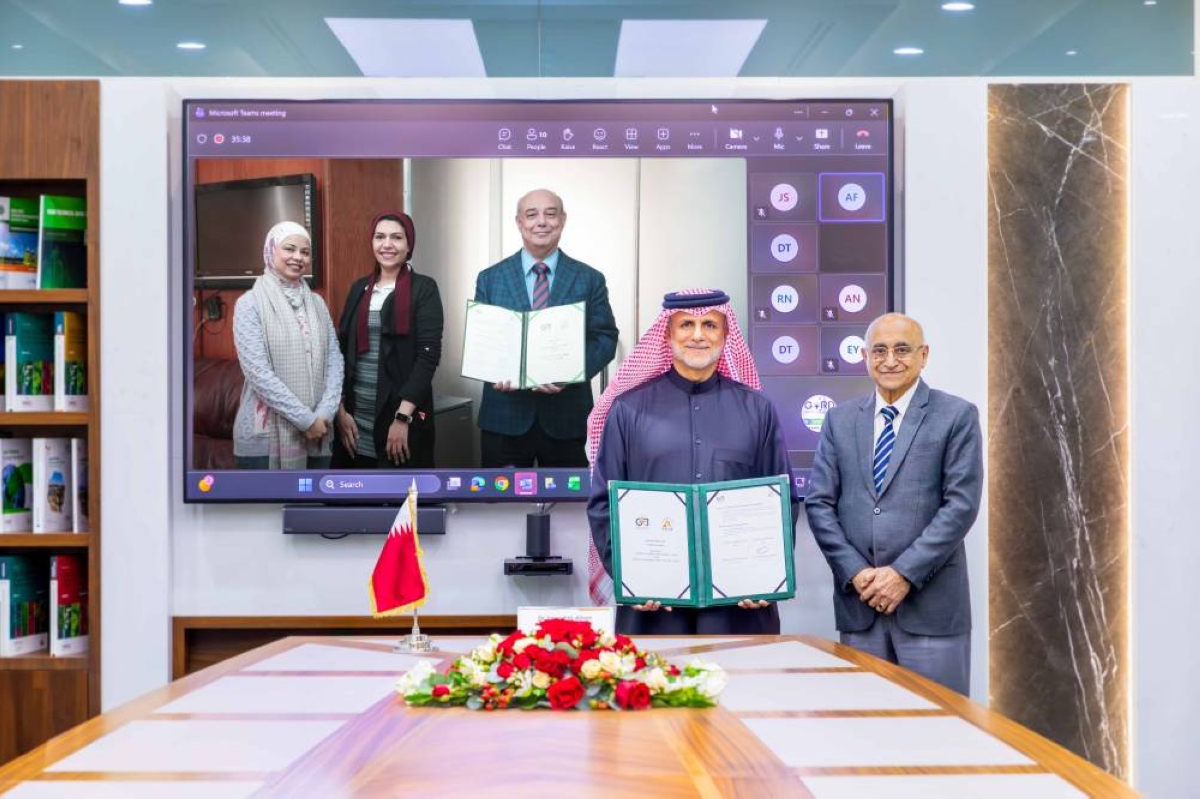Startup Grind Doha has announced that it will be hosting the local edition of the ‘All-Star Pitch Battle’ on September 15 in Qatar, providing a unique platform for innovative entrepreneurs to showcase their ideas and projects to a global audience.The high-energy competition is part of the ‘Global Startup Grind All-Star Pitch Battle’ initiative, which brings together the most promising startups from around the world to showcase innovation, attract investment, and scale their impact. The local edition of the Global Pitch Battle will be sponsored by Builder VC MENA, Startup Grind Doha noted in a statement to Gulf Times.Startup Grind Doha is part of the global Startup Grind community, which is dedicated to educating, inspiring, and connecting entrepreneurs. Through monthly events, workshops, and global programmes, Startup Grind Doha fosters a thriving local ecosystem while connecting founders to global opportunities.According to the statement, the Startup Grind All-Star Pitch Battle is an annual global competition that identifies and promotes the best early-stage startups from hundreds of Startup Grind chapters globally. Winners from each local edition move forward to compete in the global finals, gaining exposure to international investors, media, and industry leaders. The competition is looking for the ‘Startup of the Year’ in every city across the Startup Grind global community.The Doha event will see top local founders take the stage to pitch their startups to a panel of seasoned investors, entrepreneurs, and ecosystem leaders. Tarik Sultan, general partner, Builders VC, described the event as “an energetic platform spotlighting the next wave of founders shaping the region’s future.”Builders VC is an early-stage venture capital firm headquartered in Silicon Valley that backs visionary founders reinventing foundational industries such as healthcare, agriculture, industrials, and digital infrastructure, by pairing technology with transformative business models.Sultan said, “With offices from Silicon Valley to Doha, we back entrepreneurs solving meaningful, real-world problems because we believe transformative companies can be built anywhere. We look forward to seeing Qatar’s boldest startups take the stage on September 15 and compete for global exposure.”The chapter director of Startup Grind Doha added: “This is more than just a pitch battle – it’s a launchpad for Qatari startups to connect with global networks, secure visibility, and access potential funding. Our mission is to highlight the incredible talent and innovation emerging from Qatar’s startup ecosystem and give them the exposure they deserve.”The event will also feature networking sessions, keynote insights from ecosystem enablers, and opportunities for founders to connect with investors and mentors. It is expected to attract startup enthusiasts, corporate leaders, government representatives, and members of the global entrepreneurial community.

Peter Alagos
Peter Alagos reports on Business and general news for Gulf Times. He is a Kapampangan journalist with a writing career of almost 30 years. His photographs have been published in several books, including a book on the 1991 Mt. Pinatubo eruption launched by former Philippine president Fidel V. Ramos. Peter has also taught journalism in two universities.
Most Read Stories



